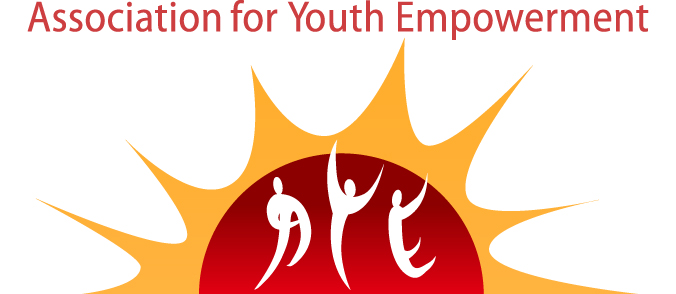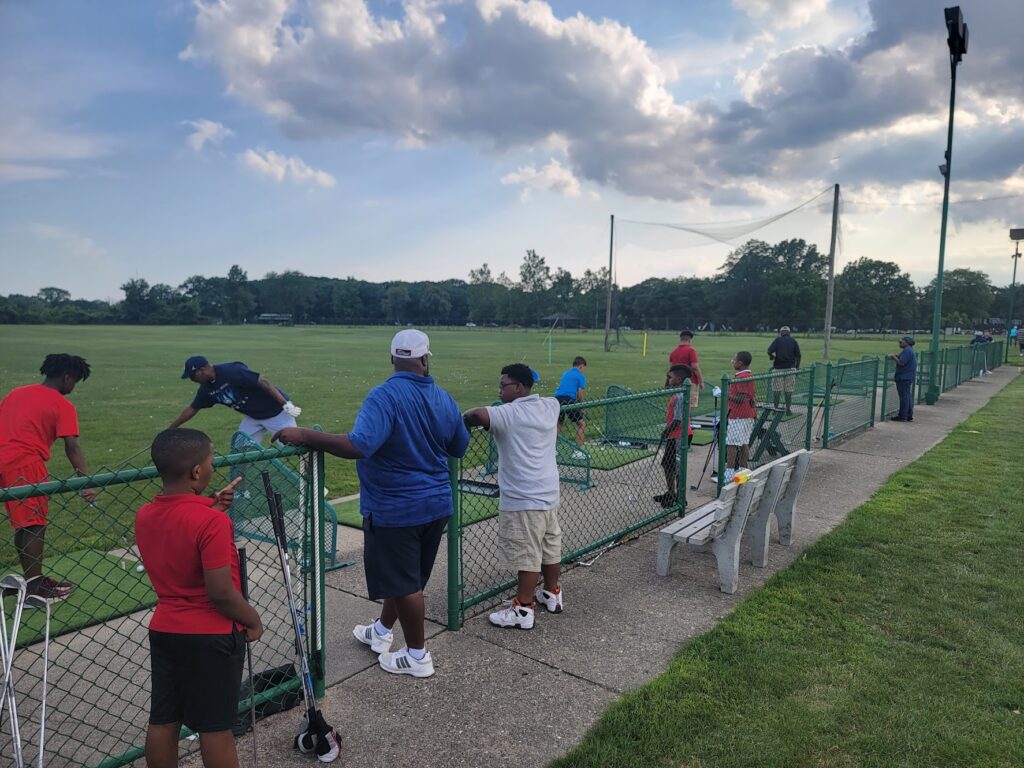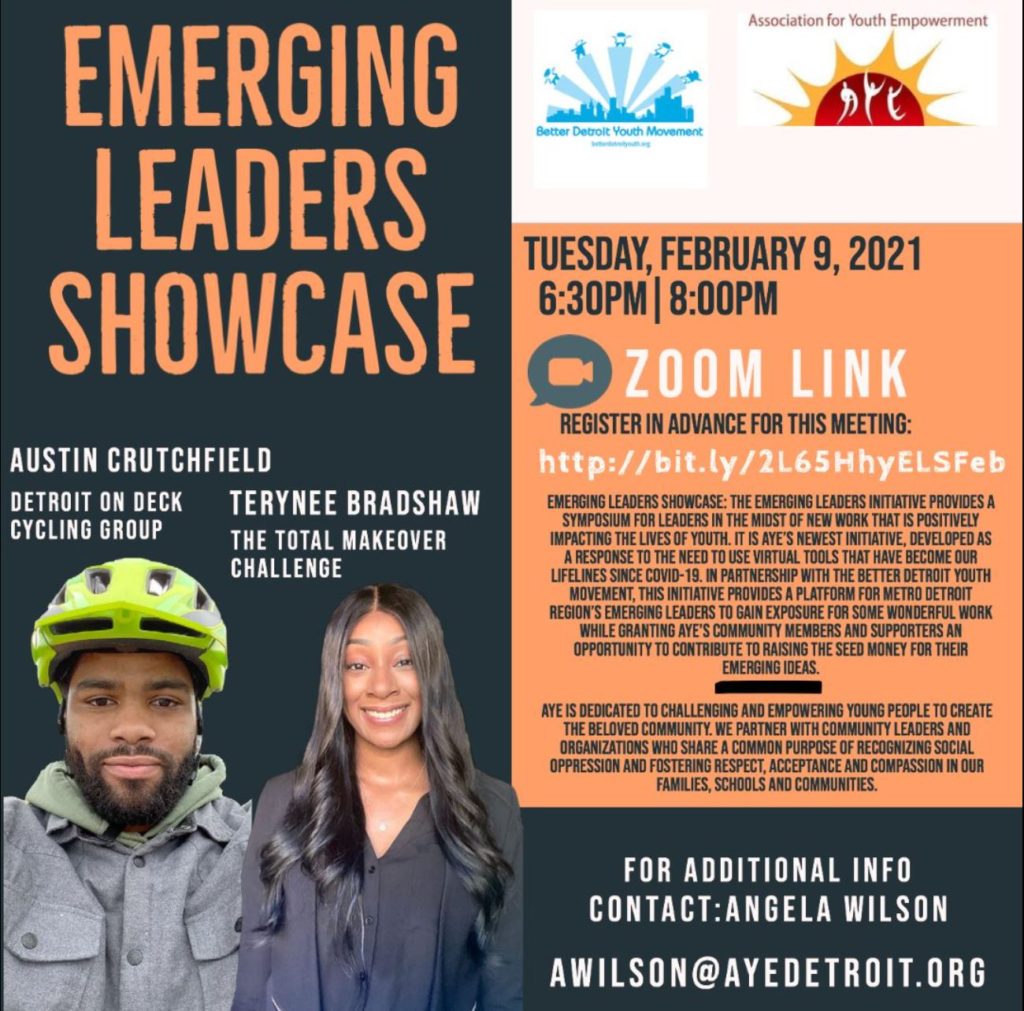Test scores were rising at Fuller Elementary School when Marilyn McCottrell took over in 2016. Yet troubling trends loomed behind the numbers.
“A lot of growth has been made,” said McCottrell, Fuller’s third principal in six years. “But that growth is not equal among students.”
She’s talking about black boys.
Black girls had driven most of Fuller’s academic improvement since the 2012-13 school year, when Chicago Public Schools handed management of the Bronzeville school over to the non-profit Academy for Urban School Leadership, which replaced the staff and principal in a turnaround effort. Black boys had improved much slower. They got most of the school’s Ds and Fs, and were much less likely than girls to meet or approach expectations for college readiness on state tests.

Last school year, McCottrell and her staff crunched the data and made changes at Fuller to shorten the gaps between boys and girls. The stakes are high. Black boys, especially those from low-income households, are more prone than their sisters to falling behind in school and running into the juvenile criminal justice system. As adults, they are more likely to be arrested, imprisoned, or chronically unemployed. McCottrell believes what Fuller did, starting with painstakingly crunching data at the school, classroom and individual levels, could help other schools do better for black boys.
But she wants to be clear about something: Black boys don’t need to be “saved.”
“They need to be respected and appreciated for the differences and the unique gifts that they bring to the educational experience,” she said.

Fuller Elementary School students (from left)Tyrese Robinson-Guy, Terrell Johnson, and Jasean Waters at a community garden in Bronzeville.
Fuller Elementary School teacher Arlicia McClain.
McClain realized she tended to call on black girls more in class.
McClain, African-American herself, wondered if she was favoring girls or failing to challenge boys enough, and how that could affect their learning. She resolved to push black boys more during her second year at Fuller.
She also left the session with another big take-away: A lot of boys who wouldn’t participate in classroom-wide sessions engaged more in small groups. Wedding the data to her realizations has helped the young teacher come up with tailored approaches for struggling students.
“Look at them as individuals who want to learn, but who sometimes need the individualized attention to do that,” McClain said. “If you really are about the progression of black youth, you’re going to need to be individual-focused, and you’re going to need the data to do it.”
In the 2016-17 school year, for the subjects of English language arts and math, about 70 percent of all Ds and Fs at Fuller went to black boys.
In the first quarter of last school year, McCottrell and her staff revised Fuller’s grading policies in hopes of addressing the disparity.
They switched to what McCottrell called “a more equitable grading scale,” where the lowest a student could score is a 50, adopted a “no-opt out policy” for homework, so children who failed to turn in their homework by deadline wouldn’t automatically get a zero and had to make up assignments, and allowed students to redo certain parts of failed tests and quizzes after reteaching.
By the end of the first quarter, the numbers of Ds and Fs had decreased by nearly half.
But black boys were still getting about the same percent of them as before.
So McCottrell decided to go in for a closer look.
“The numbers only tell part of the story,” she said.
McCottrell ate with boys in the lunchroom. She played flag football with them at recess. She sat with them in class, assisted their teachers, and taught her own lessons across grades and subjects.
She talked to the boys — and listened.

Jasean Waters, 13, said he found it hard to focus on his school work.
Some distractions come from inside the classroom, like the bullies Jasean’s run into. Other distractions live in the world outside Fuller, like the gun violence whose victims are overwhelmingly black males.
“It’s a big struggle for us,” he said. “There’s a lot of people dying around here, so we gotta watch our backs, and when we’re walking home we feel like we’re unsafe, so we just focus on us being safe. It’s hard to focus on school.”
Boredom is another issue. Jasean said that he does well in math, but struggles sometimes with reading, and that his interest wanes with the lack of characters and authors he can relate to in school texts. That sounded familiar to McCottrell. When she spoke with boys, she heard that school amounted to a seven-hour suppression of their personalities, interests, and voices — especially in reading and English classes, where black voices and black writers were missing.
“When kids have to pick a book for independent reading, they don’t relate to the characters in those classroom libraries,” she said. “It’s really hard coming to a class everyday when nothing relates to you.”

McCottrell decided to teach an optional African-American literature class every Friday during a weekly “intervention time” for students needing help in reading and math About 17 boys showed up on the first day and read excerpts from Ralph Ellison’s “Invisible Man,” whose protagonist proclaims, “I am invisible, understand, simply because people refuse to see me.”
McCottrell said many of the boys could expertly analyze the Harlem Renaissance classic, because they related to the idea of not being heard, seen, or understood for who they really are. The students offered examples like the portrayal of black men in the media.
“Many of them were saying things like, ‘I’m not a gangbanger, but this is what people think I am, because I’m dark or because I’m tall,’” she said. “They talked about it in the context of their teachers not knowing who they are.”
The class soon doubled as word of mouth drew others in. Jasean, a C student at the start of the class, joined them. He said he learned things he hadn’t been introduced to before. He read about segregation, speeches by Martin Luther King, and books like “Bud, Not Buddy,” about a 10-year-old black orphan during the Great Depression.
He said he rededicated himself to doing 100 minutes of reading a night and by the end of last school year earned an A in reading. He said he raises his hand to ask and answer questions in class more.
“It feels good,” he said.
Jasean’s grandmother, local school council member Regina Waters, praised McCottrell’s hands-on approach with students and her efforts to build one-on-one relationships with the boys.
“She’s upfront with the kids, and she knows all the kids by name which is unusual in the short time she’s been there,” Waters said.

Fuller’s boys closed the gap with girls in several ways over last school year.
They went from getting 70 percent of the Ds and Fs in English and math to 60 percent. In 2016-17, 46 percent of boys compared with 55 percent of girls were on track, meaning they earned a C or higher in reading and math and had an attendance rate of at least 95 percent. In 2017-18, the percentage of boys on track increased by 23 percentage points compared to 19 points for girls. But sitting in her office at Fuller one day earlier this summer, McCottrell admitted something about her efforts for black boys.
“Nothing is solved,” she said.
Despite some progress last school year, when the 2018-19 school year starts, black boys at Fuller will still lag behind black girls. Forces outside of education like poverty, mass incarceration, and racial discrimination will continue to disadvantage black youth in ways that manifest in classrooms, where they land heaviest on black boys.
The odds aren’t yet even for black boys at McCottrell’s school, or at most schools across America. However, McCottrell believes that educators learned a lot that they can build on down the line.
Next year, McCottrell said she’s urging teachers to incorporate more of the black experience and black voices into lesson plans and to increase small-group instruction.
Teachers are having more data conferences with McCottrell and with each other to guide instruction and target specific students’ needs. McCottrell is also promoting more social-emotional learning techniques and restorative practices rather than punitive approaches to discipline, and incorporating cultural awareness and bias training into teachers’ professional development.
Marlene Aponte, the Academy for Urban School Leadership’s director of coaching, said that in some ways Fuller’s story resembles other schools’ in the years after turnarounds. After focusing on rigorous instruction and ambitious growth targets,“we’re starting to really hone in on some of the pieces that we may have overlooked, such as gender bias, gender equity, access in equity,” she said.
McCottrell wants her boys to have the tools to succeed. She knows there are some issues that her school won’t be able to solve.
But it’s a start.






















